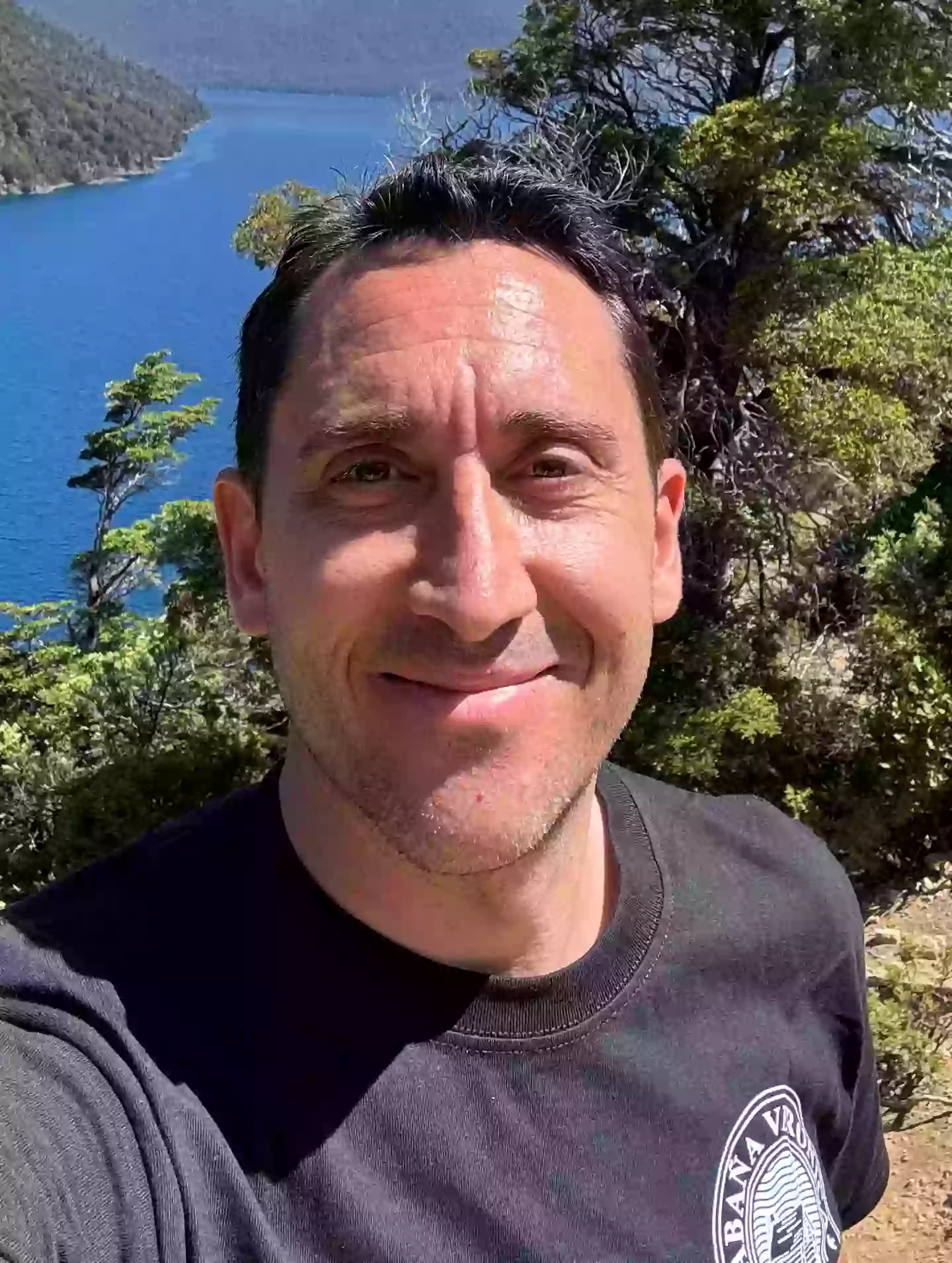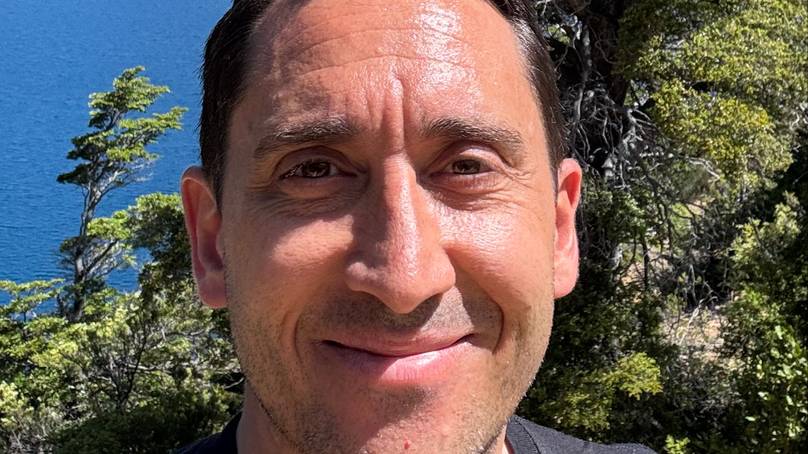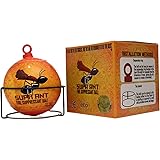From Anaphylaxis to Appetite: How One Brit Risked it All on Four Peanuts a Day and Lived to Tell the Tale
Ever thought about turning your worst enemy into your best friend? No, I’m not suggesting some bizarre therapy session or a self-help book; I’m talking about Richard Lassiter’s approach to his deadly peanut allergy. Here’s a fella who, instead of running from peanuts like they were the plague, decided to literally bite the bullet—or in this case, the peanut. Every morning, Richard pops four peanuts into his mouth, describing it as “taking his medicine.” Now, isn’t that a dose of irony? This act of courage has not only turned his life around but also signals a glimmer of hope for the countless peanut allergy sufferers out there. Could a study from King’s College London and St Thomas’ NHS Foundation Trust be the unexpected twist in the tale of food allergies? One thing can’t be denied—it’s certainly food for thought. Learn more about how Richard's peanut allergy became his new lease of life.
Usually, the aim of allergy sufferers is to avoid whatever they are allergic to like the plague.
But despite having a deadly peanut allergy, this bloke has been popping four of them into his mouth each morning – and he says it’s been ‘life-changing’ for him.
Richard Lassiter explained swallowing a handful of the nuts every AM has become like ‘taking his medicine’, which allows him to now live a nearly normal life. Which is a huge achievement, considering the 44-year-old repeatedly landed himself in hospital over the years due to his life-threatening allergy.
He has taken part in a first-of-its-kind ‘desensitisation’ study conducted by King’s College London and St Thomas’ NHS Foundation Trust, which gradually saw him exposed to nuts.
Health officials said the trial gives ‘hope’ to thousands of people, but stressed that this type of treatment should only be conducted under very close supervision. So, don’t try this at home, folks.
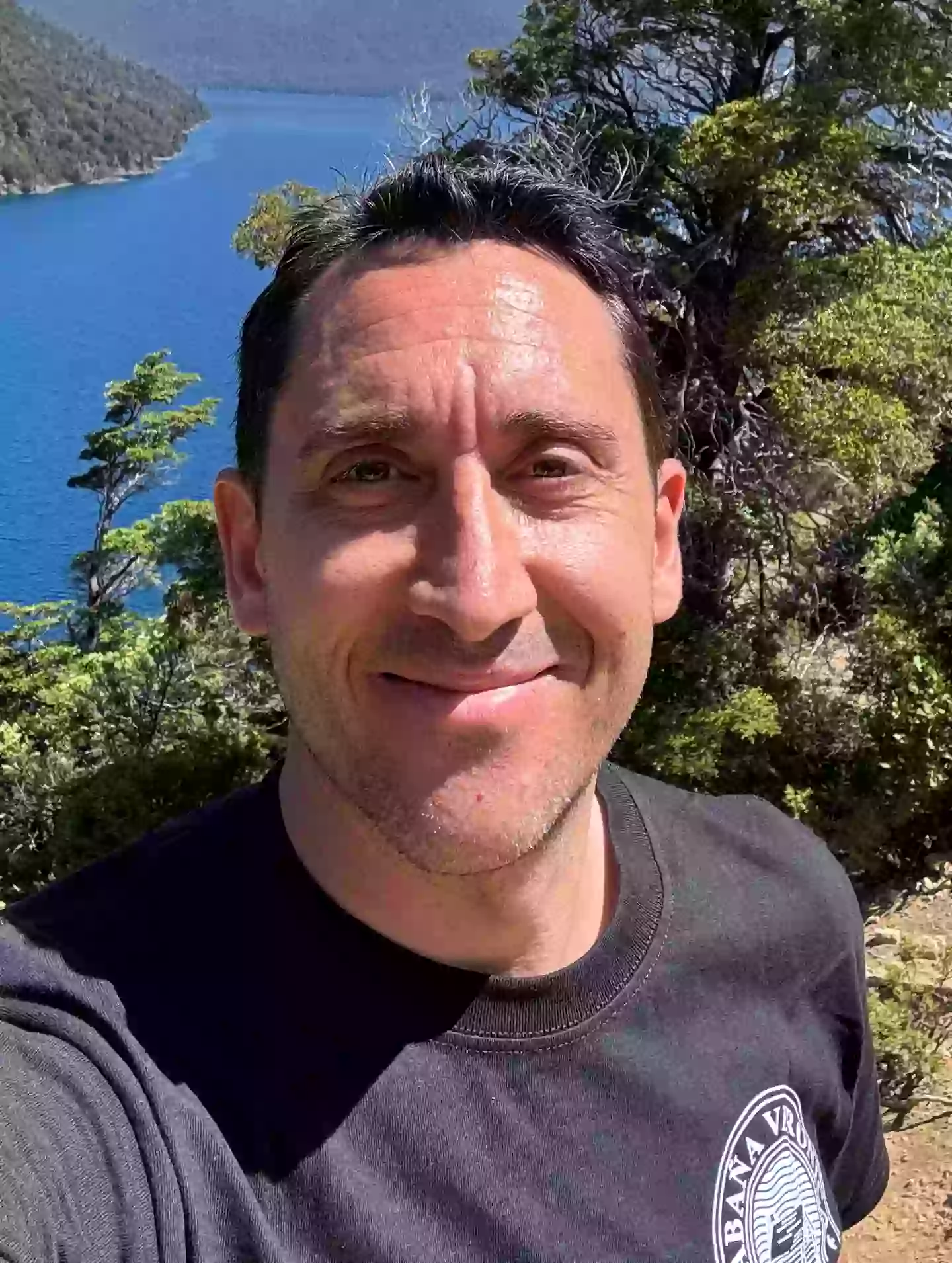
Richard Lassiter, 44, says his life has been transformed by the groundbreaking research (PA)
Richard explained he had ‘managed’ his peanut allergy, which he was diagnosed with as a child, throughout his life, but always felt nervous eating out in case he inadvertently consumed them.
This unfortunate scenario has taken place more times than he cares to remember, but a ‘really severe episode’ he experienced during a once-in-a-lifetime trip to Chile with his wife in 2018 ‘changed everything’.
Richard recalled how during the holiday, he was given food containing peanuts while they were ‘1,000 miles from anywhere’, which inevitably sent him into a panic.
The executive coach from Beckenham administered his auto-injector pen and took his inhaler to ease his breathing before he was taken to hospital. He was then forced to stay in a high dependency unit overnight where he needed adrenaline and oxygen, describing the experience as a ‘real shock’.
“Obviously, we’re a long way away from home,” he told PA. “I recall saying to my wife: ‘I can’t keep dealing with this, it’s just so terrifying’.”
Now, Richard has got a new lease of life after building up a tolerance to the allergen which has nearly spelled the end of him on several occasions.
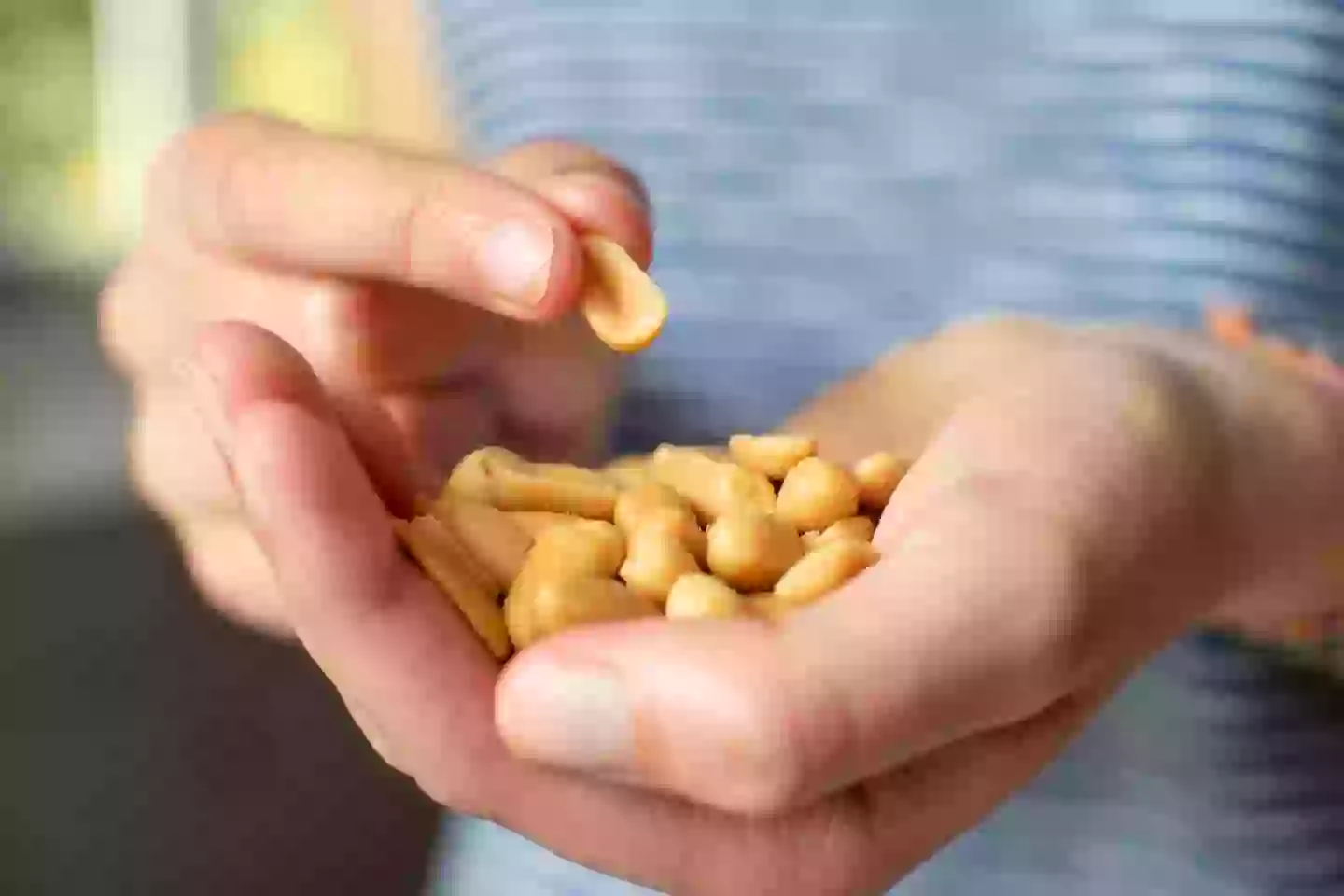
He compares popping four peanuts a day to ‘taking his medicine’ (Getty Stock Photo)
The peanut desensitisation, also known as oral immunotherapy, works by introducing micro amounts of peanuts into a sufferers diet and gradually increasing the dosage to build up immunity. As part of the study, 18 adults with a typical peanut allergy were given small amounts of peanut flour to eat at home – beginning with the equivalent of 0.5% to 1% of a whole peanut.
Their dosage increased gradually until they could tolerate 50-100mg of peanut protein, before the participants then began to eat whole peanuts, peanut butter or peanut products. By the end of the study, which was funded by the National Institute for Health and Care Research, two thirds (67%) were able to eat the equivalent of five peanuts without reacting.
Stephen Till, professor of allergy at King’s College London and consultant allergist at Guy’s and St Thomas’ who led the research, said it could change the game for adults with allergies.
“We were really pleased because we got the evidence that we hoped we would get – we saw results that were broadly in line with with what been obtained from studies in young children.
“Our phase two study suggests that this treatment is is potentially effective in adults.”
But he said larger studies were needed to confirm findings and stressed that food immunotherapy ‘definitely must be done under very close clinical supervision’.
Richard reckons that starting his day off with four peanuts has completely changed the trajectory of his life, saying: “This morning I had my four peanuts after I ate my breakfast, as if it was some sort of a teaspoon of medicine.
“It’s been life-changing for me – it’s increased my confidence immeasurably. It’s had a huge effect on my life. I feel much calmer, much happier and really excited about the ability to do all of these things in the future.”
Public health minister Ashley Dalton hailed the boffins ‘ground-breaking research’, while Professor Lucy Chappell, chief scientific adviser at the Department of Health and Social Care, said it marks an ‘important milestone in allergy treatment’.
“For adults who have long lived with the daily burden and fear of accidental exposure they may have a pathway toward greater safety and an improved quality of life,” Chappell added.
